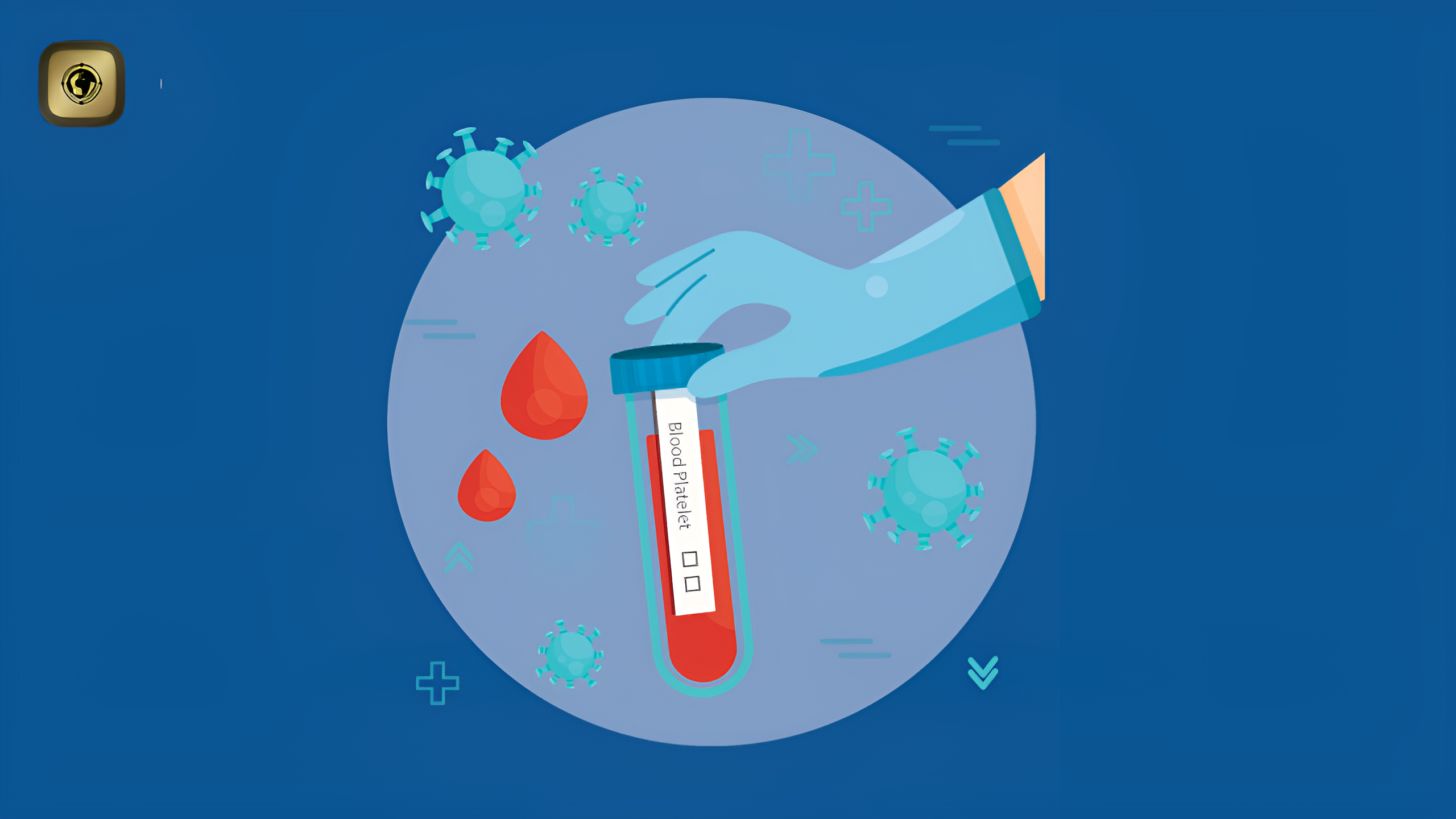March 27, 2025
Normal Platelet Count and Fruits that Increase Platelets
- The importance of platelets in the human body cannot be overstated, as they play a critical role in blood clotting and healing processes. Platelets are tiny blood cells that gather at the site of an injury to prevent blood loss and facilitate the healing process. A balanced platelet count is vital for maintaining good health, as both excessive and insufficient platelet counts can lead to serious health issues.
What Are Platelets?
- Platelets are small, disc-shaped cells found in the blood that are essential for the blood clotting process. When there is an injury or damage to a blood vessel, platelets work together to form a plug at the site of the wound, stopping further bleeding. Additionally, platelets release growth factors to aid in tissue repair and protect against infection.
The Importance of Platelets in Health
Platelets are crucial for several functions within the body, including:
- Blood Clotting: Platelets are vital for stopping bleeding. They form clots at injury sites, preventing excessive blood loss.
- Wound Healing: By releasing growth factors, platelets assist in the repair of damaged tissues and promote healing.
- Infection Prevention: Platelets help combat infections by emitting substances that destroy bacteria and viruses.
- Regulation of Blood Flow: Platelets prevent excessive bleeding and ensure that wounds are properly clotting.
Normal Platelet Count
A healthy individual typically has a platelet count between 150,000 and 450,000 per microliter of blood. An abnormal platelet count can lead to various health issues:
- Low Platelet Count (Thrombocytopenia): When platelet levels drop below 150,000, it can lead to difficulties with clotting and increased risk of bleeding.
- High Platelet Count (Thrombocytosis): If platelet levels exceed 450,000, there is a heightened risk of abnormal clotting, which can lead to serious conditions like heart attacks or strokes.
Symptoms of Low Platelet Count
Signs of a low platelet count include:
- Excessive Bleeding: Uncontrolled bleeding from minor injuries, frequent nosebleeds, or heavy menstrual bleeding.
- Red or Purple Spots on Skin: Known as petechiae, these spots appear when blood leaks out of small vessels under the skin.
- Fatigue and Weakness: Low platelet counts can cause overall fatigue and weakness.
- Headaches and Joint Pain: Reduced platelet levels can also result in headaches and joint pain.
Causes of Low Platelets
Several factors can contribute to a decrease in platelet count:
- Medications: Certain drugs, such as aspirin or cancer treatments, can affect platelet levels.
- Infections: Viral infections like dengue, chikungunya, or hepatitis can lower platelet counts.
- Autoimmune Diseases: Conditions such as lupus or idiopathic thrombocytopenic purpura (ITP) can cause platelet destruction.
- Cancer: Some cancers and treatments can affect platelet production.
- Bone Marrow Problems: Disorders like aplastic anemia can impair platelet production in the bone marrow.
Fruits That Help Increase Platelet Count
If you experience a low platelet count, certain fruits are known to help boost platelet levels:
- Papaya: Papaya leaves contain enzymes that can enhance platelet production.
- Pomegranate: Rich in antioxidants and vitamin C, pomegranate helps with blood cell production.
- Oranges: Packed with vitamin C, oranges aid in the formation of blood cells and can help increase platelet counts.
- Kiwi: High in vitamin C and folate, kiwi contributes to blood cell formation.
- Beetroot: With folic acid and iron, beetroot supports the production of blood cells and platelets.
Summary
Platelets are indispensable for blood clotting, wound healing, and protecting against infections. Maintaining a healthy platelet count is essential for overall well-being. Regular check-ups and medical consultations are important, especially if any irregularities in platelet levels are noticed. If you’re concerned about your health or platelet levels, consider seeking advice from a healthcare provider or exploring health insurance options like Bajaj Allianz General Health Insurance to protect your health.
Frequently Asked Questions (FAQs)
- How to treat a deficiency of platelets? Treatment depends on the underlying cause, and options may include medications, platelet transfusions, or addressing the underlying condition.
- Are there home remedies for platelet deficiency? Foods like papaya, pomegranate, and amla may help raise platelet levels, but consultation with a doctor is essential in severe cases.
- How is platelet deficiency measured? Platelet count is measured through a Complete Blood Count (CBC) test.
- Which foods help increase platelet count? Fruits such as papaya, pomegranate, kiwi, beetroot, and green leafy vegetables are beneficial for boosting platelet numbers.
- Are home remedies effective for platelet deficiency? While home remedies can assist to some extent, it’s important to consult a doctor, especially for severe cases of platelet deficiency.



Leave A Comment